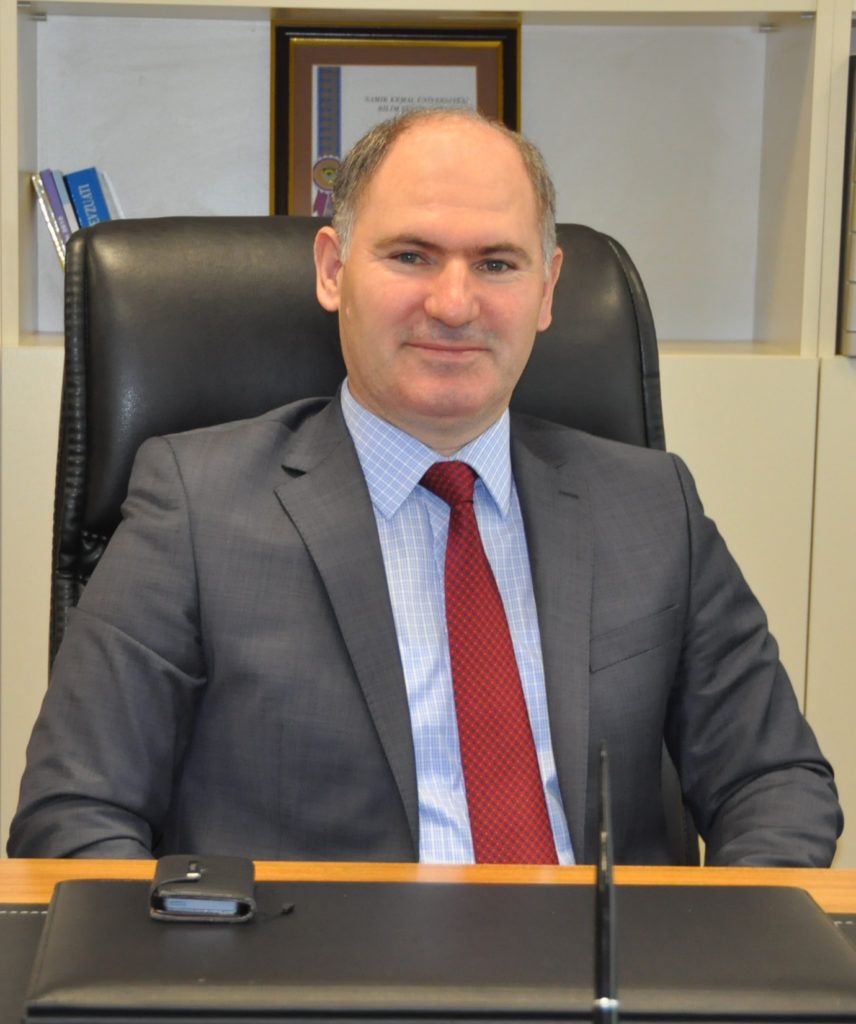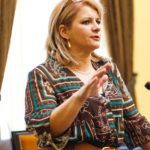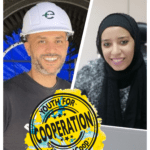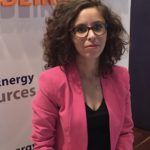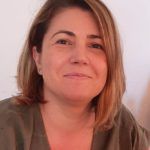Voices from the field
Fatih Konukcu
"Citizens against marine litter"
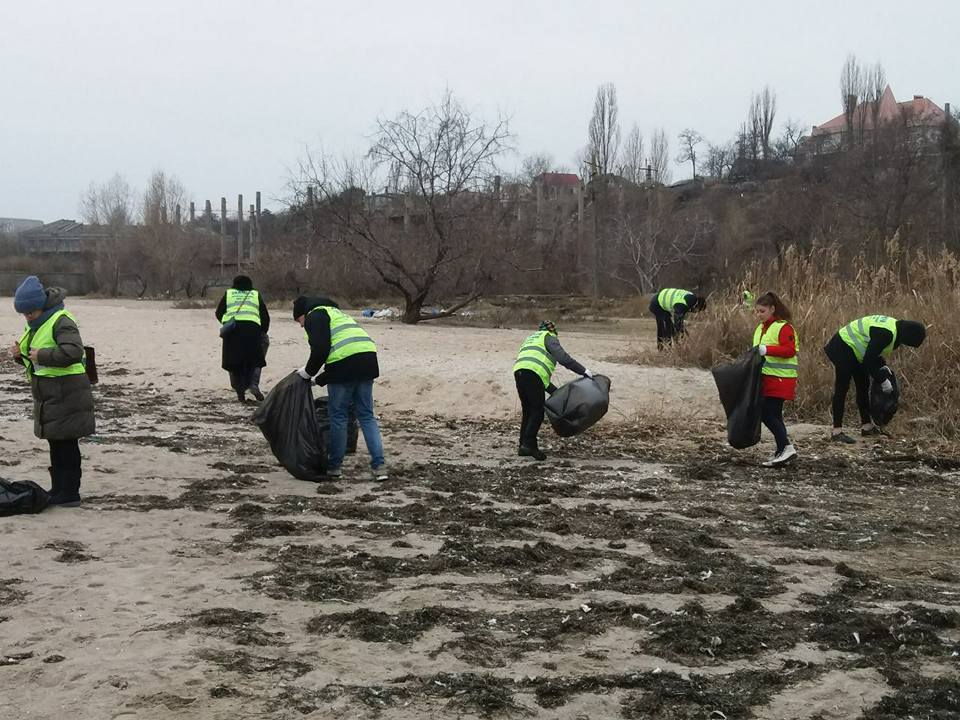 They are going “fishing for litter”: a small “army” of hundreds of fishermen, students, teachers and civil society organisations. They are collecting plastics around the Black Sea, to clean up square kilometres of beaches and water. And they are learning how a good solid waste management could reduce the pollution’s impact on our precious ecosystems.
They are going “fishing for litter”: a small “army” of hundreds of fishermen, students, teachers and civil society organisations. They are collecting plastics around the Black Sea, to clean up square kilometres of beaches and water. And they are learning how a good solid waste management could reduce the pollution’s impact on our precious ecosystems.
Marine litter knows no borders: every year, around 6.4 million tons of garbage reach the marine environment worldwide. The United Nations Environment Programme reports that an average of 18,000 pieces of plastic litter floats on every square kilometre of seas. A complex and multi-dimensional challenge all over the world. Around the Black Sea Basin, four ENI CBC institutions from Turkey, Ukraine, Bulgaria and Georgia have decided to act together.
They share an essential notion: “It is important to first know about the pollution sources and their impacts on ecosystems. Thus, we can formulate prevention measures, including the crucial involvement of citizens living around the sea”. Who speaks is Fatih Konukcu, from the Namik Kemal University in Turkey. Fatih is the representative of the lead beneficiary of ZEWSGES: Zero Waste Strategy For Good Environmental Status, a project started mid-August 2018 under the Black Sea Basin ENI CBC Programme. Mr. Fatih will be one of the speakers at the Laboratory Group organised by TESIM during the EU Regions WEEK, on 10 October in Brussels. We have addressed him a few questions.
Mr. Konukcu, you are leading a cross-border project addressing an environmental problem common to all the partners…
Indeed, we are four countries working together, and we share a common concern, a common enemy: the marine litter. In particular, the use of plastics and other synthetic materials. This rubbish is called marine debris, one of the world’s most pervasive pollution problems affecting the seas. In 2012, for the first time, the Rio summit identified the urgent necessity to significantly reduce marine debris worldwide. Meanwhile, studies show that most marine litter come from land-based sources: inadequate solid waste management is a major driver to generate marine litter. Therefore, it is important to know where the pollution comes from, to address the root causes of problems and to formulate preventing measures.
So what is your aim?
We want to contribute to reduce the number of visible litters on coastlines, including plastic, fishing and sanitary litter items. Our actions should decrease the number of litter items on the seabed in Odessa (Ukraine), in Bourgas (Bulgaria), in Guria (Georgia) and in Tekirdağ (Turkey).
Citizens are important to face the environmental challenge: how do you mobilise them?
We are working on two main activities: the first is the collection and disposal of marine litter. For this, a campaign called “Fishing for Litter” is being organised in the four countries. The objective is to target 330 local fishermen, and to encourage them to collect a minimum of 1,5 tonnes of derelict fishing gear from the seabed. There are also ongoing beach clean-up campaigns, thanks to the help of kids between 7 and 16 and their teachers. We hope to reach at least 1600 people to help us cleaning beaches around the Black Sea.
Is there anything else that could be done?
We aim at spreading public awareness, which is a key point. We are targeting 75 primary/secondary schools, 50 non-governmental organisations (NGOs) and 25 local media organisations. They will all be part of the so called “Ecosystem Education Programme (EEP)”, involving a total of 4500 people, also through multi-media tools and online games.
How can you measure the results of your campaigns?
For what concerns litter collection and disposal, we are monitoring the number of kids, teachers and fishermen taking part in the campaigns; of course, the amount of litter gathered from beaches will help us to evaluate our impact. As for the EEP, we will check the number of primary/secondary schools’ students, teachers, NGOs, local media organisations involved. And we are also planning surveys on the ecosystem awareness level among the students and teachers, before and after the project’s implementation.
